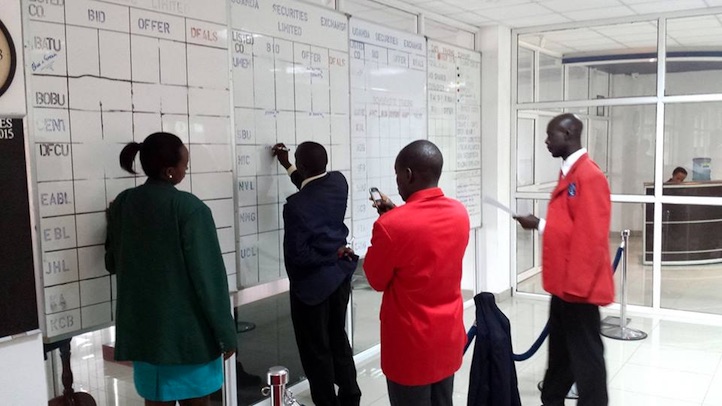If the thought of buying shares or investing in the stock market scares you, you are not alone. Individuals with very limited experience in investing in shares can be easily…
How to make money by investing in the stock market


If the thought of buying shares or investing in the stock market scares you, you are not alone. Individuals with very limited experience in investing in shares can be easily…
deneme bonusu veren siteler deneme bonusu veren siteler deneme bonusu veren siteler deneme bonusu veren siteler deneme bonusu veren siteler casino siteleri
deneme bonusu bonus veren siteler deneme bonusu veren siteler
flyjota.com Deneme bonusu veren siteler Deneme bonusu veren siteler Deneme bonusu
You cannot copy content of this page
gaziantep escort,alanya escort,gaziantep escort
avrupa yakası escort,beşiktaş escort,beyoğlu escort,nişantaşı escort,etiler escort,esenyurt bayan escort,beylikdüzü bayan escort,avcılar bayan escort,şirinevler escort,ataköy escort
beylikdüzü escort ,istanbul escort ,beylikdüzü escort ,ataköy escort ,esenyurt escort ,avcılar escort ,bakırköy escort ,esenyurt escort ,esenyurt escort ,avcılar escort ,beylikdüzü escort